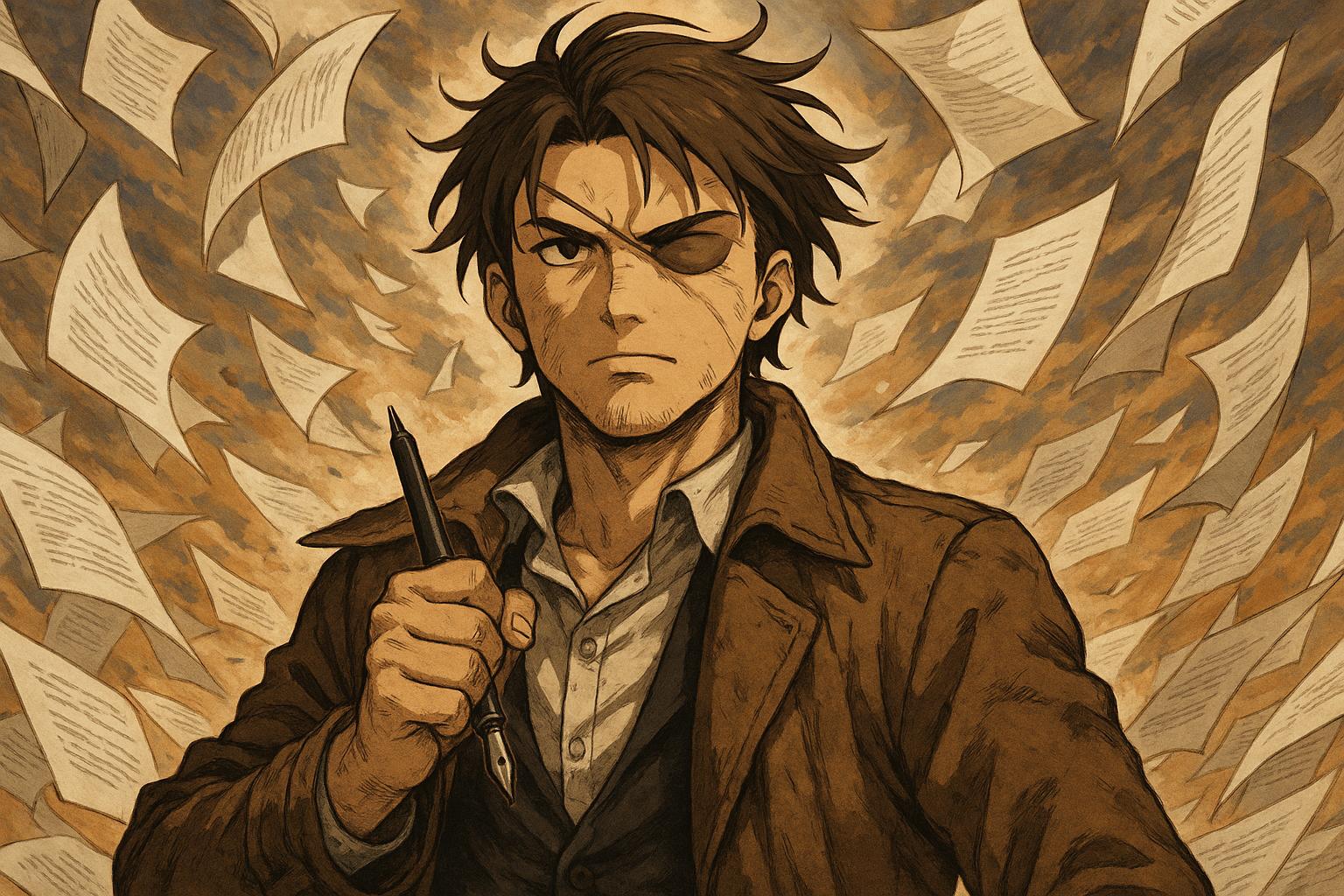Sir Salman Rushdie demonstrated remarkable resilience at the recent Hay Festival, declaring that he has moved on from the traumatic knife attack he experienced in 2022. Hadi Matar, the individual responsible for the assault, was sentenced to 25 years in prison for attempted murder. Matar's motivations, rooted in a long-standing fatwa against Rushdie issued by Iran’s Ayatollah Khomeini, revealed the continued peril faced by authors who provoke controversy. During the attack, Rushdie suffered life-changing injuries, including blindness in one eye and significant damage to his liver and hand. In reflecting on his journey, he expressed a powerful sense of agency, stating that a pivotal moment for him was returning to the site of the attack with his wife, Eliza. “It will be nice to talk about fiction again,” he said, emphasising his desire to focus on literature rather than his ordeal.
This sentiment is particularly important given the long shadow cast by the fatwa against him, which has made him a high-profile target for extremists for over three decades. The stab wounds he sustained that day not only represented a physical assault but also a broader attack on artistic freedom and expression. According to a statement from the court during Matar's sentencing, the protection of free speech is paramount, reflecting the societal implications of attacks on writers and artists. Rushdie’s comments on the matter resonate with those in the literary community, who view such assaults as threats to creative expression.
In the aftermath of the incident, Rushdie published a memoir, "Knife: Meditations After an Attempted Murder," detailing not only the event but his recovery, both physically and emotionally. He credits the unwavering support of his wife, family, and the global community for aiding his healing. This work seeks to reclaim his narrative amidst the violence, portraying his writing as an act of defiance against his assailant's intentions. “It was my way of fighting back,” he remarked, underlining the therapeutic nature of writing for him.
In a broader discussion about contemporary societal issues, Rushdie addressed the current state of free speech, articulating a concern over the eagerness to suppress dissenting voices. He recounted a past experience with a film that nearly faced censorship, arguing that “letting it out and trusting the audience” is essential for the health of public discourse. Speaking candidly about the tumultuous landscape of US politics, he lamented the stark contrast between the hope represented by Barack and Michelle Obama and the current political climate, which he characterised as disappointing. Despite these challenges, his inherent optimism shines through, as he stated, “I think I suffer from the optimism disease."
Finally, Rushdie's commentary on the impact of technology on literature—including his dismissive view of artificial intelligence—illustrated his commitment to traditional narrative forms. He joked about feeling out of place in discussions dominated by AI, asserting, "I try very hard to pretend it doesn't exist." His unique perspective remains a vital contribution to ongoing conversations about the role of writers and the realities of living under threat in a world that often challenges the boundaries of free expression.
As he continues to navigate his recovery while preparing for the release of a new short story collection, "The Eleventh Hour," Rushdie’s experience serves not only as an inspiring tale of resilience but also as a clarion call for the importance of artistic freedom in tumultuous times.
Reference Map:
- Paragraph 1 – [1], [2], [4]
- Paragraph 2 – [2], [6]
- Paragraph 3 – [3], [7]
- Paragraph 4 – [1], [2], [5]
- Paragraph 5 – [1], [2], [5]
Source: Noah Wire Services
